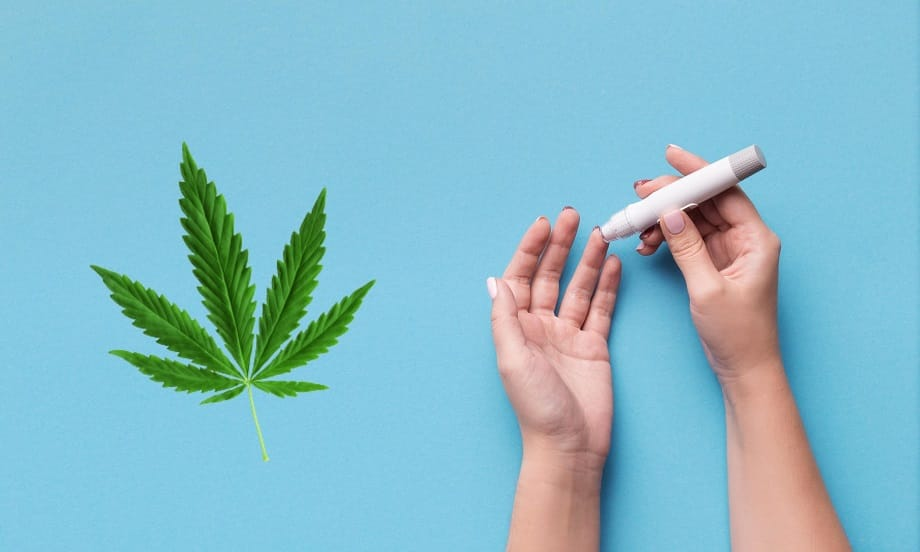Study Finds Women Who Use Cannabis Are Less Likely to Develop Diabetes
A recent study by a team of researchers from Texas A&M University claims that regular cannabis use lowers the risk of developing both types of diabetes in women.
In the United States alone, about 34 million people suffer from diabetes, and the country loses around 87,000 lives each year due to complications related to the disease. Diabetes occurs when the body’s metabolic systems malfunction, causing the body to stop producing insulin—a substance responsible for helping tissues absorb sugar from the blood. Without insulin, blood sugar levels can quickly rise to dangerous concentrations, leading to serious heart and kidney problems.
The new study, according to its authors, builds on previous research that also found people who regularly use cannabis are generally diagnosed with diabetes at much lower rates compared to non-users. To confirm this, the researchers analyzed personal data and medical histories of 15,062 participants in the annual National Health and Nutrition Examination Survey from 2013 to 2018.
The results showed that women who regularly used cannabis (once a week or more) had about half the risk of developing diabetes compared to their peers who did not use cannabis. Notably, the data indicated that cannabis did not have a significant positive effect on women who used it infrequently, nor did it have any noticeable effect on men.
“In conclusion, we found that frequent cannabis use significantly reduces the risk of developing diabetes in women. However, for some yet unknown reason, this pattern was not observed in men who regularly use cannabis,” the authors noted. “Undoubtedly, to uncover the reasons behind this phenomenon, we need to conduct further, more in-depth studies focused on the effects of cannabinoids on the metabolic processes of both sexes.”
Other studies examining the impact of cannabis on the development and progression of diabetes suggest that some rare and exotic cannabinoids may have therapeutic effects. A 2017 study claims that the presence of a substance called THCV (Tetrahydrocannabivarin) in cannabis or its extracts significantly lowers blood sugar levels in people with type 2 diabetes, regardless of gender. Another recent study found that a compound called cannabimovone (CBM) also has a similar effect on diabetes patients by stimulating insulin production and activity.
Overall, scientists have long observed that people who regularly use cannabis surprisingly suffer less from diabetes than their non-using peers. This effect may be related to cannabis’s impact on the body’s metabolic systems. Alternatively, the lower risk of developing diabetes might be because, on average, cannabis users are more physically active than non-users (at least according to several studies).



